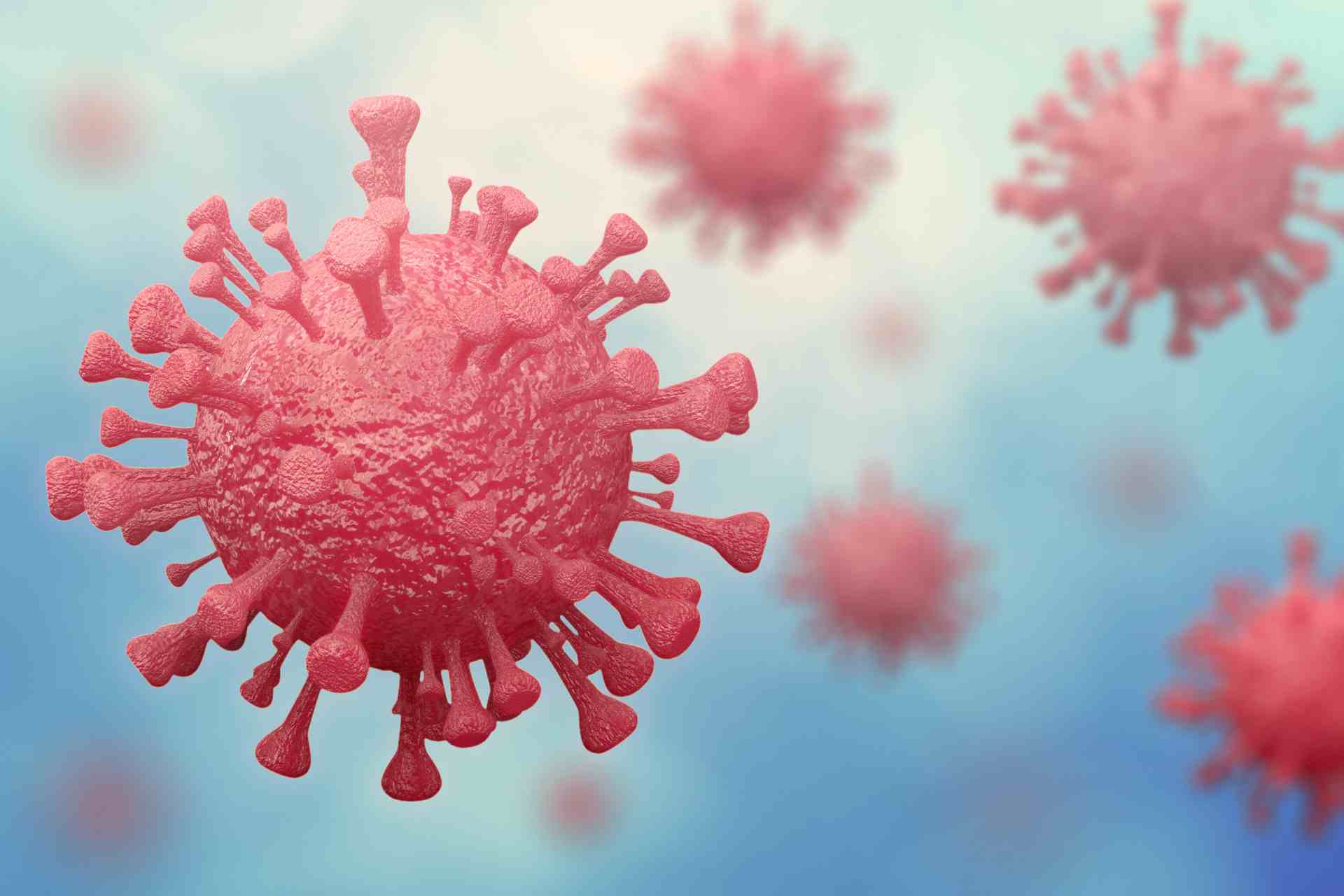What is already known
Previous research has shown that some people with severe COVID show alterations in their gut bacteria and disruptions of the intestinal barrier, which could allow microbes and their products to enter the blood and exacerbate inflammatory responses. However, it is unknown whether the fungal portion of the microbiota — called the mycobiota — has an impact on the immune response of people with severe COVID.
What this research adds
Researchers examined blood samples from 91 people with COVID, most of whom had a severe form of the disease. Compared with controls, people with severe COVID produced about four times as many antibodies against three fungal species commonly found in the gut, including the yeast Candida albicans, whose abundance was correlated with disease severity and with the number of specific immune cells that trigger inflammation. Mice infected with SARS-CoV-2 and with C. albicans isolated from people with severe COVID showed an increased immune response compared with mice infected with SARS-CoV-2 alone. Treating the animals with an antifungal drug lowered the number and activity of inflammatory immune cells.
Conclusions
The findings suggest that mycobiota changes during a SARS-CoV-2 infection could contribute to inflammation associated with severe COVID.
COVID-19, the disease caused by SARS-CoV-2 infection, has caused more than 7 million deaths to date. Now, researchers have found that individuals with severe COVID had elevated levels of a fungus that can activate the immune system.
The findings, published in Nature Immunology, suggest that changes in the fungal portion of the microbiota during a SARS-CoV-2 infection could contribute to inflammation associated with severe COVID. The study, the authors say, could also provide a mechanism of disease-causing inflammation that may have been overlooked.
Previous research has shown that some people with COVID show alterations in their gut bacteria and disruptions of the intestinal barrier, which could allow microbes and their products to enter the blood and exacerbate inflammatory responses. However, it is unknown whether gut-dwelling fungi — the mycobiota — have an impact on the immune response of people with severe COVID.
To find out, researchers led by Takato Kusakabe at Cornell University in New York City examined blood samples from 91 people with COVID and 36 people who had never tested positive for SARS-CoV-2.
Gut fungi
About three-quarters of people with COVID had a severe form of the disease, whereas the rest had moderate or mild disease.
Compared with controls, people with severe COVID produced about four times as many antibodies against three fungal species commonly found in the gut, including the yeast Candida albicans. Those individuals continued to have increased levels of antibodies against C. albicans up to one year after they had recovered from the disease.
The overall levels of fungi were also elevated in the stool of 10 people with severe COVID relative to 10 healthy people. The abundance of Candida was correlated with disease severity and with the number of specific immune cells that trigger inflammation, the researchers also found.
Boosting inflammation
Because previous research showed that C. albicans and other fungal species can activate the immune system, the researchers set out to examine the effects of fungal infection on the immune responses of mice.
Animals infected with SARS-CoV-2 and with C. albicans isolated from people with severe COVID showed an increased immune response compared with animals infected with SARS-CoV-2 alone. Treating the mice with an antifungal drug lowered the number and activity of inflammatory immune cells, the researchers found.
Although more work is needed to probe the link between gut fungi and COVID, the findings indicate that an overabundant mycobiota could contribute to lasting immune alterations during disease. The study also suggests, the authors say, “the potential of mycobiota-immuno-based approaches to identify patients at risk for [severe] COVID-19 and long-lasting immune alterations.”











